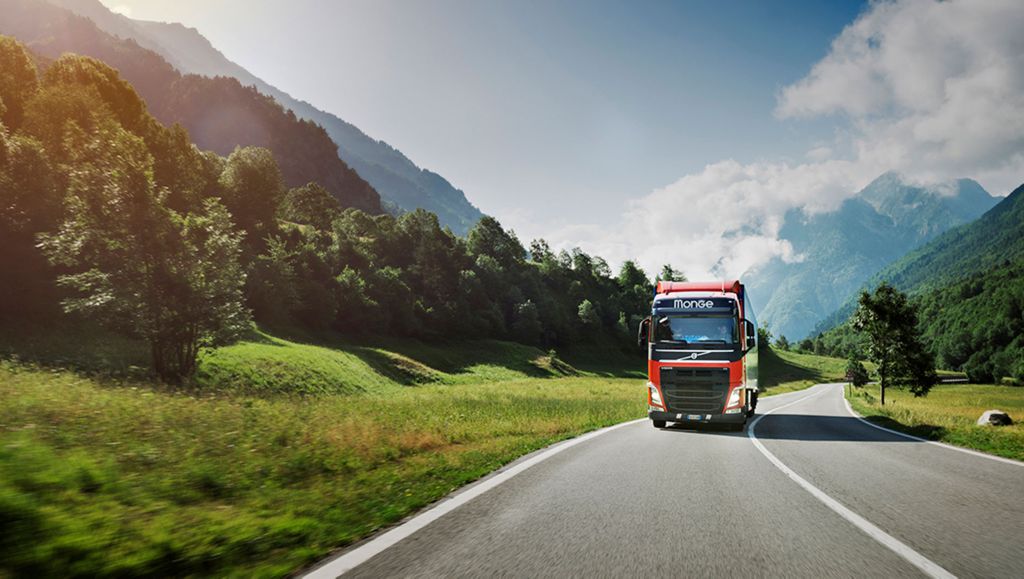How do you go about incorporating sustainability into your operations?


The impact of a haulage company is broad. The approach you take can for instance contribute to better and safer working conditions for drivers, lower carbon emissions through better fuel economy or support sustainable tech development. Taking stock of the ways your business intersects with society and impacts the environment, helps you as a business owner to identify both business risks and the opportunities.
Trying to work on all fronts at once risks will make life difficult. So, as a first step, it is worthwhile to identify a few areas that are part of your core business, where you can allocate resources and make a real difference.
If your core business is transport, the biggest part of your environmental footprint, will most likely come from operating your vehicles. At Volvo Trucks we know that more than 90% of a regular diesel truck’s environmental impact occurs during actual vehicle use.
To mitigate the environment footprint of your vehicle there are several things you can do; first of all you can buy from an OEM that incorporates sustainability to its product and production processes. (You can take a look at the Environment Footprint Calculator to understand the lifecycle impact of a Volvo Truck for instance). Then you can specify the truck for maximum fuel efficiency which is good both for the environment and your business. You can also consider investing in an alternative driveline, like LNG for longhaul or an electric truck, in order to reduce your environmental footprint and save on fuel costs.
For the existing vehicles in your fleet, bringing down the environmental footprint can include driver training, investing in fuel-efficient, aggressive route planning and using remanufactured parts. Many of these choices are a win-win.
Another area where a haulage operator could make a difference is the training of young professionals and encouraging them to join the trucking industry. There are a number of way this could be done; one is offering apprenticeships to would-be drivers and/or funding the acquisition of costly licences and additional training. Bringing down the barriers for entry for young people into the industry will not only help tackle driver shortage but also help young people gain self-sufficiency.
Once you have identified the areas where sustainability could make the biggest impact, thought of the next steps and assigned resources for implementation, consider how you will follow-up and measure your initiatives.
One way could be through a sustainability report which allows you to set the variables and the track the success of any sustainability initiatives you take.
National and international organisations can help small and medium-sized companies, both in educating in and implementing sustainability reporting. In Denmark, for example there is The Green Network, Denmark's oldest Corporate Social Responsibility (CSR) business network. And across the EU, several initiatives specific to the logistics sector are currently underway to encourage more operators to take leadership, including CSR Europe’s Sustainable Transport initiative.
Whatever you do, don’t get bogged down. You can probably already identify a few areas to take action by just understanding and measuring the impact of your daily operations. You can also learn from others in the industry who have successfully made sustainability a part of their business. Italian pet food producer Monge C Spa is one of such companies. I have put together a case study that outlines the steps the company took to become an eco-enterprise.

Lars Mårtensson works as Environment and Innovation Director at Volvo Trucks.